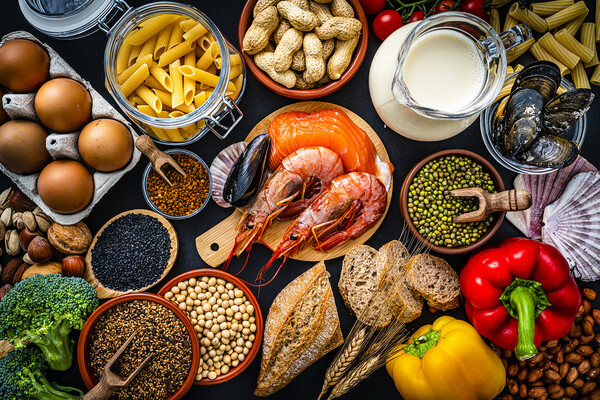
nocred
According to a leaked draft published by Politico, the Supreme Court has voted to overturn abortion rights. Members of the University of Pennsylvania Carey Law School community share their reactions.
Referencing gay rights decisions, Kermit Roosevelt, David Berger Professor for the Administration of Justice, cautions “if there are five justices who endorse this draft, it’s unlikely that they will stop with Roe [v. Wade].” Roosevelt recently served on President Joe Biden’s Supreme Court Commission and has written that Supreme Court expansion “may be the only thing that will save our democracy for the next generation. … I think it’s unlikely that anyone can do anything to influence the Justices. They don’t like to appear to be influenced, which is why the leak makes more sense as a method of locking in the result.”
Tobias Barrington Wolff, Jefferson B. Fordham Professor of Law and deputy dean of Equity & Inclusion, says that “the fact that this draft opinion was leaked to the press—an unprecedented breach, to my knowledge—is an assault on the institutional legitimacy of the Court, a naked political act that disregards the rule of law and the integrity of the Court’s decision-making process. We should not have this draft in front of us. But we do, and if the final opinion looks substantially like this draft, it is a grave moment in our constitutional history.”
Annie Blackman is a student at Penn Law and co-leader of If/When/How, a student pro bono project dedicated to lawyering for reproductive justice. “The Guttmacher Institutes estimates that once Roe falls, 26 states in the country are likely to ban abortion services,” she says. “If Justice Alito’s majority opinion becomes final, the rights of marginalized people in at least over half of states in the country will be shattered.”
Isabella Hernandez, another student at Penn Law and co-chair of If/When/How, says “I’m not surprised by the decision, but it hurts nonetheless. Wealthy individuals, especially white individuals, will always have access to safe abortions regardless of what their state chooses to do when this decision is finalized. I fear for the people in this country who depend on Roe and Casey [v. Planned Parenthood] to access abortion care and who depend on the reasoning undergirding those cases and others like Lawrence [v. Texas] and Obergefell [v. Hodges] for fundamental rights protections.”
Read more at Penn Law News.
From Penn Carey Law

nocred

Image: fcafotodigital via Getty Images

Image: Mininyx Doodle via Getty Images

Charles Kane, Christopher H. Browne Distinguished Professor of Physics at Penn’s School of Arts & Sciences.
(Image: Brooke Sietinsons)